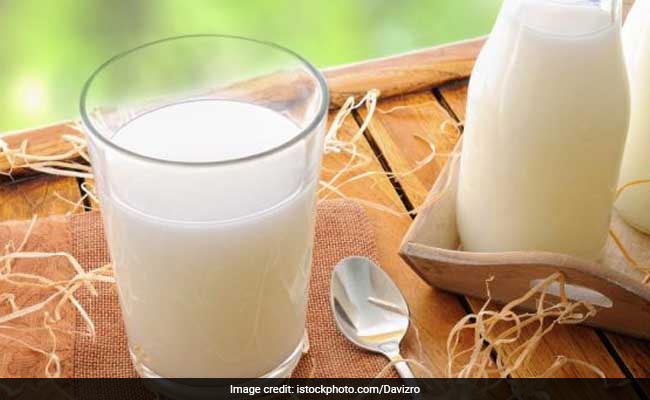
The findings, published in the journal Sleep Medicine, revealed that sleep plays an essential role in maintaining the overall health and well-being of adults as well as their children. Irregular or short sleeping bouts may affect mental health, learning, memory, and a child's overall performance in school. Researcher Natalie Urfer-Maurer from the Faculty of Psychology at the University of Basel and Professor Dr. Sakari Lemola from the University of Warwick studied the relationship between parents' insomnia symptoms and their children's sleep. Sleep pattern and quality of sleep was assessed in healthy 7-12-years old children during one night by in-home electroencephalography (EEG); around half of the children were born preterm. In addition to that, parents also reported their own insomnia symptoms and their children's sleep problems for the Swiss-based study. Researchers hinted at mother's sleep being more closely related to the child's sleep than father's sleep because in Switzerland mothers on average still spend more time with their children than fathers
According to the researchers several mechanisms could account for the relationship between parents' and children's sleep. One of them being the child imbibing sleep habits from their parents. Second could be the poor family functioning which could affect both the parents' and children's sleep. For example, family fights in the evening before bedtime may ruin the entire family's good night sleep. Third possibility could be that parents suffering from poor sleep shows "selective attention" for their own as well as their children's sleep problems leading to increased monitoring of sleep. Researchers noted that increased monitoring and attempts to control sleep may negatively affect sleep quality. Another possibility could be that of children sharing the genes with their parents that predispose poor sleep. Sleep deprivation can do more harm than you could imagine. Hence the condition shouldn't be taken lightly. Here are some foods that can help induce good sleep.
1.Warm Milk
Milk is a great sleep supporter. It contains tryptophan, an amino acid which converts into serotonin. Serotonin is known to induce calming effects in the brain. Lack of calcium is also one of the most common causes of disturbed sleep patterns, so get your fill of milk daily.

Milk contains tryptophan, an amino acid which converts into serotonin, which aids good sleep
2.Cherries
Experts believe that a bowlful of cherries can send you off to good sleep. Cherries are one of the few natural foods that contain melatonin. Melatonin is a hormone produced by the pineal gland in the brain. It is known to regulate your sleep and wake cycles and control the internal body clock.
3.Honey
The natural sugars present in honey increase the insulin levels in our body and allow tryptophan to enter the brain which releases chemicals that relax the body. Your liver may run out of glycogen at night which may lead to the release of stress hormones. Consuming honey is great for storing glycogen.
4. Flaxseeds
Flaxseeds are a good source of omega-3 acids, magnesium and tryptophan. Magnesium acts as a muscle relaxant. Tryptophan helps in releasing serotonin, the pleasure hormone and omega 3 acids are known to reduce instances of anxiety and depression.
5. Bananas
Bananas can help get good sleep because they contain magnesium and potassium - both of which are natural muscle-relaxants. They are also packed with good carbohydrates that make you feel sleepy. Sweet potato is another great source of sleep inducing carbohydrates.

Bananacan help get good sleep because they contain magnesium and potassium content.

